Early Chapter Books: Short, Sweet, but Enough for Newbery 2023?
It’s not often that a beginning chapter book wins the Newbery (or even the Geisel award for that matter), but they deserve the spotlight too! Today we take a look at four books that have been receiving a mild amount of buzz this year and see if they can stand up against the Newbery criteria. Let us know your thoughts on these titles (or any other early chapter books) in the comments!
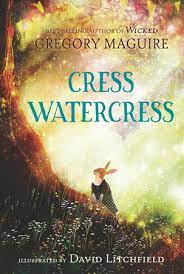
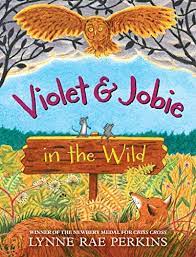
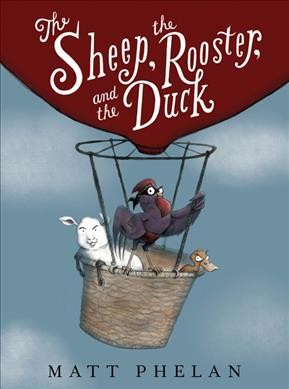
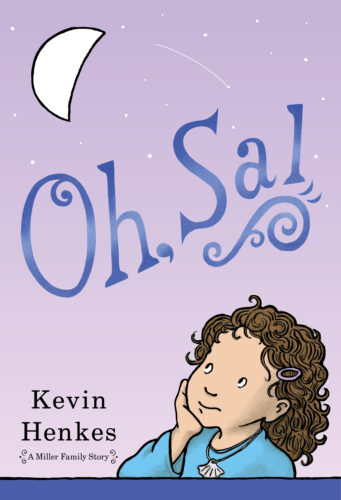
Cress, Watercress by Gregory Maguire
- Two nominations
- Deep yet natural themes of growing up, grief, and the fluid definition of family through relatable animal characters.
- Some plot moments may be deemed inappropriate: cigar smoking, bullying, and attempted kidnapping.
Violet and Jobie In the Wild by Lynne Rae Perkins
- One nomination, zero suggestions Another animal title, mice this time.
- Features excellent writing and quotable moments from the first sentence “The SNAP! of the cheese game was frightening if you weren’t expecting it. Or even if you were.” This book really makes you think about relocating mice, without forcing the topic.
- The ending came a little quickly for me, but this is a title I keep coming back to.
The Sheep, The Rooster, and The Duck by Matt Phelan
- Zero nominations, one suggestion.
- A fast paced book with a lot of action, excitement and lesser known history. The characters are funny and endearing.
- A lot of details and historical information could be more fleshed out but it does inspire the reader to learn more. I also feel like it may be hard to determine the ideal audience for this one.
Oh Sal by Kevin Henkes
- One nomination, zero suggestions. A stand alone companion to THE YEAR OF BILLY MILLER and BILLY MILLER MAKES A WISH- featuring Billy’s younger sister Sal and the newest baby.
- I’m really impressed with the character development of Sal and how Henkes offers the insight into a four-year-olds brain. I tried to see if my almost four-year-old agreed with me on this, but that was difficult.
- However with such a young narrator, I’m really struggling to see what age group is best for this title too.
I would love to hear more thoughts on any of these titles and other early chapter books.
Filed under: Book Discussion
About Emily Mroczek-Bayci
Emily Mroczek (Bayci) is a freelance children’s librarian in the Chicago suburbs. She served on the 2019 Newbery committee. You can reach her at emilyrmroczek@gmail.com.
ADVERTISEMENT
ADVERTISEMENT
SLJ Blog Network
The Shockingly Good Children’s Poetry of 2025
Magda, Intergalactic Chef: The Big Tournament | Exclusive Preview
When Book Bans are a Form of Discrimination, What is the Path to Justice?
Poetry Gateways, a guest post by Amy Brownlee
ADVERTISEMENT


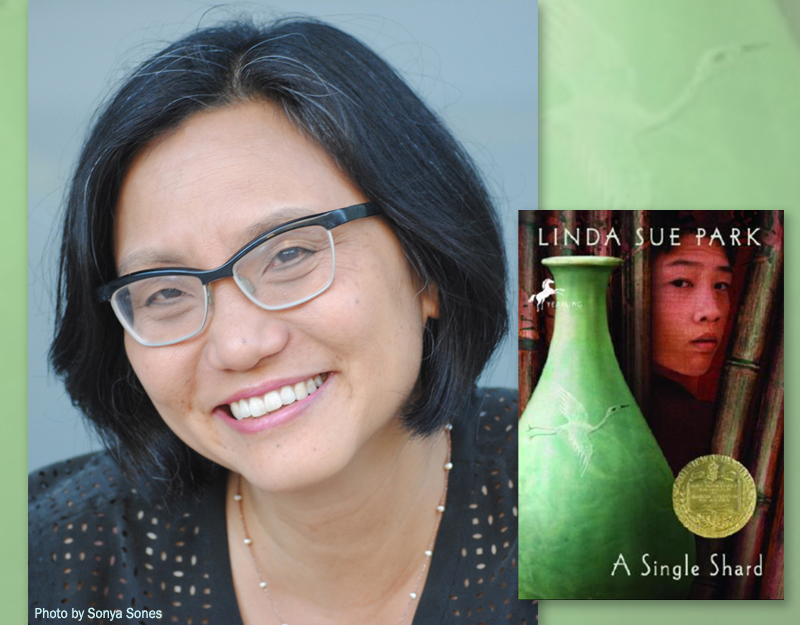



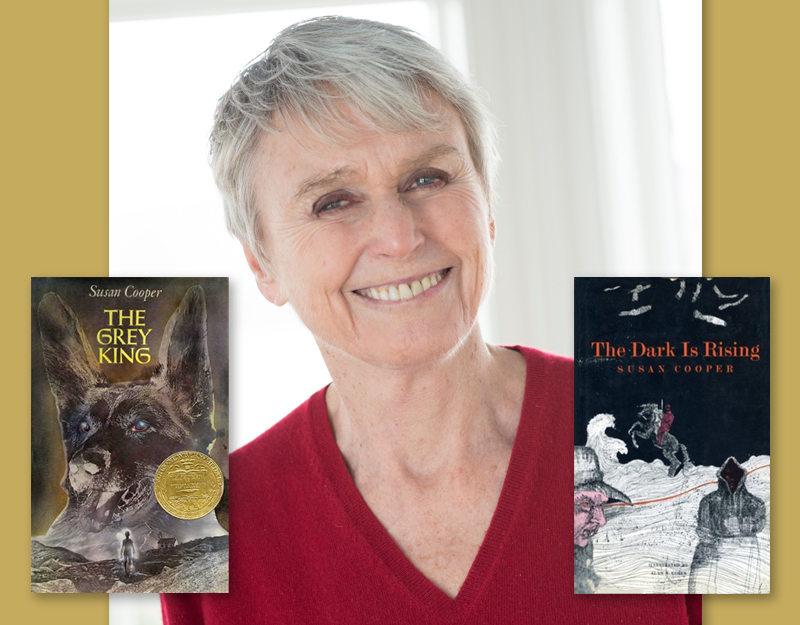
Emily, the book VIOLET & JOBIE by Perkins begins with “the SNAP of the cheese game….” Is that the title you meant instead of CRESS WATERCRESS?
I did enjoy both VIOLET & JOBIE and CRESS WATERCRESS, I thought both books were strong in delineation of characters. In CRESS WATERCRESS, I especially liked the moodiness and rebelliousness of Cress, she reminds me of a teenage kid, such a strong character!
In VIOLET & JOBIE Perkins does an excellent job of showing the world through the view of mice. I loved how Violet tries to teach Zolian about the world with a television. This book also has strong themes of importance of friendships, dealing with loss, and learning to be happy in the moment. The story did end a little more abruptly than I would have liked.
Oops something happened where my Cress watercress text got deleted… thanks for letting me know I will investigate!
I just finished OH, SAL. We really do get into that four-year-old’s brain, as Emily notes. Just those little things, like pondering about grapes vs. grapefruit or the satisfaction she gets from adding exclamation points as she writes “Poppy” over and over again.
The character development happens pretty much in a day and a half, but it’s totally believable. Like her changing feelings for her uncle: He calls her “Salamander” so she’s off him. Then he tramples her snow star…with Billy, who he connects with instantly, and readers can see that this could also be part of Sal’s resentment towards Uncle Jake, but she doesn’t know it (so Henkes doesn’t have her express it). But Jake does make that cool star pizza. And then she has that revelation about Jake being her Papa’s younger brother: “Sal’s puzzled eyes widened as a certain, new, strange understanding sank in. She knew that Papa and Jake were brothers, but she never thought of them as kids. And she never thought about who was older.” (57). So she warms up to him…but still doesn’t go any farther than “Uncle Jake wasn’t so bad after all…” (117).
Also, for such a mild and simple story, the plotting is pretty clever. The first paragraph tells us that the baby, Uncle Jake, and underwear are Sal’s problems. And those three threads run through the book, then in the end come together in such a satisfying way, with the underwear being the answer to the baby name question.
Emily’s age group question for OH SAL is a good one. It could work as a first chapter book read-aloud for ages 4-6. Also I think there’s some appeal for those second and third grade children to read about what it was like to be a “little kid.” But it won’t fly of the shelves (neither do the “Billy Miiller” books, at least at my library…)
I just finished OH SAL. Following up on something Emily said, does having “such a young narrator” play into evaluation of “excellence of presentation for a child audience”? Because I think OH SAL is very well-written, but I completely disagree it is an early chapter book for the 4-8 crowd. Just the first sentence, “Sal was upset–more than upset–and, surprisingly, it didn’t just have to do with the new baby” (1), with its length, modifiers, the nested phrase “more than upset”, the subtle word “just”, takes it out of that genre for me. A little later, there are phrases like “a happy anchor in her life” and “the thought of underwear was a radiant thing” (9) — lovely writing for middle grade, maybe Newbery-level writing for middle grade, but definitely middle grade. OH SAL reads very similarly to the Batty chapters of the early Penderwicks books, which, Batty’s age aside, are definitely stylistically sophisticated middle grade books. But what middle grade reader wants to read about just Batty or just Sal? And should that count against it? The Newbery Terms and Criteria do include the word “appreciations” in the phrase, “respect for children’s understandings, abilities, and appreciations”, so maybe it is a strike? To be clear, I liked OH SAL, so this is more a question of how to apply those terms and criteria.
It’s hard to determine exactly what the terms refer to with OH SAL, definitely up to the committee on that one, but to me I almost think the uncertainty of this question, would make OH SAL fall behind a similar book with a more clearly defined audience like VIOLET or CRESS.
I had a note on that “happy anchor” line too, Leonard. It seems okay to me for an author to use vocabulary that the character would not use in order to describe the character’s feelings or frame of mind. That’s how I would read that first sentence. But the concept of “happy anchor” just doesn’t seem to fit with a four year old. I guess I’m thinking more of the presentation of character, though, rather than the readership. And I agree that this could be an area where the “appreciation” of the intended audience might not quite be met.
Though I wouldn’t bring this into a 2023 Newbery discussion, it makes me want to re-read similar books from the past that were about younger kids but were (and I hope still are) read by older ones. I’m thinking particularly of “Ramona the Pest” by Beverly Cleary and “Attaboy Sam” by Lois Lowry. If I remember right, those are examples where the authors stayed true to their younger protagonists’ point of view, but still made the books engaging and entertaining for older readers. We can’t compare this year’s books to others in a Newbery discussion, but it can be useful to look at the finest examples of a type of book to help figure out what might be lacking in this year’s book…
I haven’t read OH SAL but I have read (and loved) Batty’s sections of the Penderwicks books. I also loved ROSETOWN by Cynthia Rylant (2018) which I feel should have gotten some Newbery attention, and it falls into that same sort of area … it’s about a nine-year-old and the writing style definitely works for that age but there are more poetic lines that a child of that age probably wouldn’t think of themselves. And I recall reading RAMONA THE BRAVE, about a six-year-old, when I was ten and enjoying it immensely, never even thinking about Ramona’s age as a factor that would lessen my enjoyment. So perhaps there are room for these sorts of stories.
I would love to hear from others about THE SHEEP, THE ROOSTER, AND THE DUCK. Completely original and inventive, I thought. Also pretty funny. But like Emily, am not sure who will enjoy it the most..?